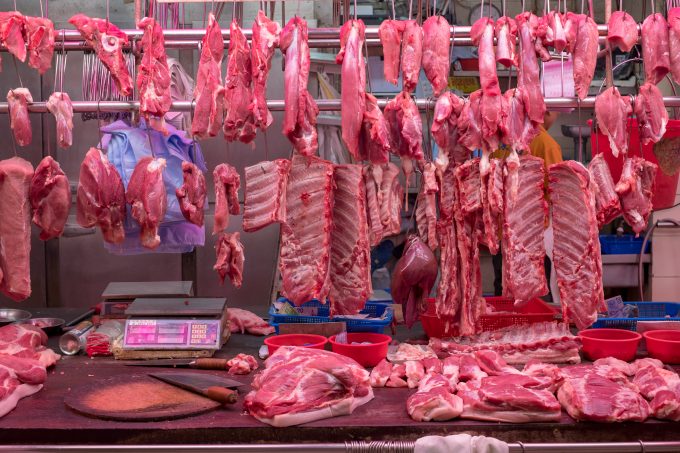US u-turn on corruption abroad 'won't drive rise in deals won by bribery'
Donald Trump’s decision to “pause” rules banning bribery abroad will not have much impact, according ...

US meat producers must be licking their lips at the prospect of Chinese demand for their product going through the roof.
A planned agreement between Beijing and Washington envisages China ramping-up purchases of US agriculture exports to a level of $40-50bn in two years, according to the White House.
However, some question whether supply chains can cope with a deluge of US meat and produce.
US pork exporters appear ready to unleash a torrent of exports to China. According to the US Department ...
Semiconductors could compensate for air freight's lost ecommerce traffic
'Weakened' Maersk paying a heavy price for its lack of fleet growth
US shippers slam USTR port fee plan – 'an apocalypse for trade'
Forwarders predict fall in airfreight rates as ecommerce eyes sea freight
'More pronounced' demand slump drives container spot freight rate declines
US port call fees would force ACL to exit transatlantic trade, says CEO
Cargo chief quits WestJet as freighter operations cease
Truckers face a serious threat as large shippers develop networks

Comment on this article